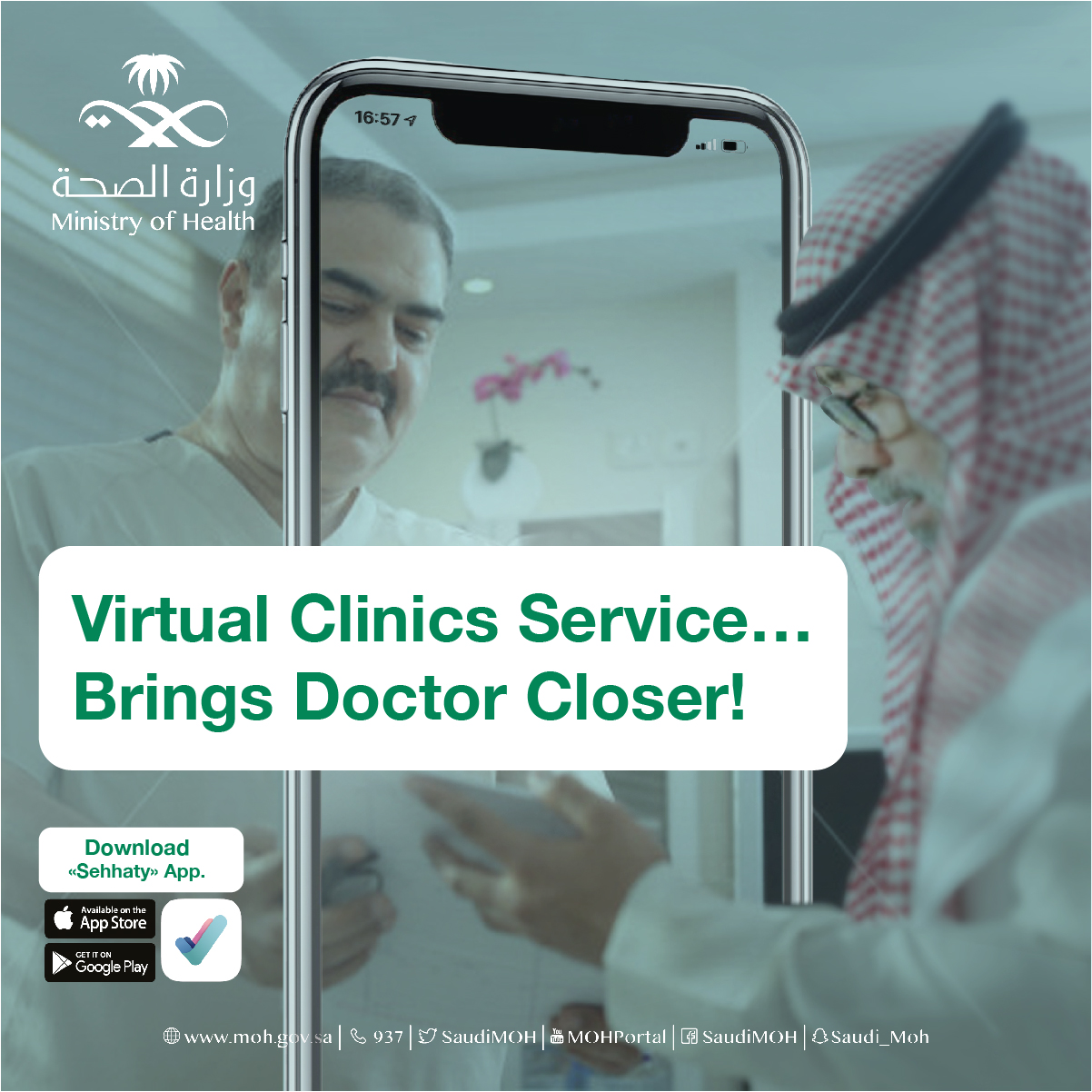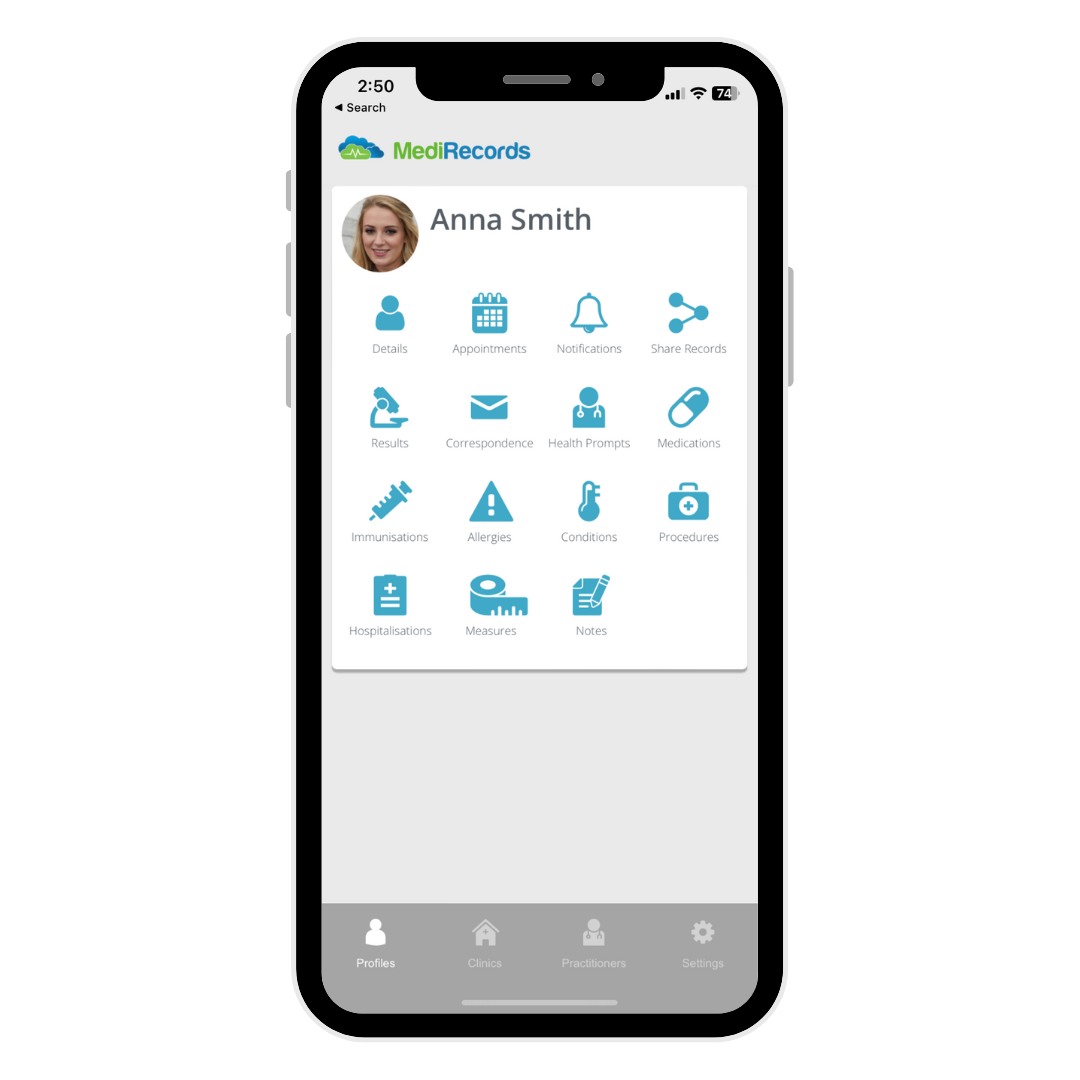Best Practices for Developing a Mobile App for Clinics That Fulfills Patient Requirements
Best Practices for Developing a Mobile App for Clinics That Fulfills Patient Requirements
Blog Article
The Future of Healthcare: Why Clinics Need a Mobile App Today
As the medical care landscape proceeds to progress, facilities encounter mounting pressure to adapt to client expectations for higher ease and ease of access. The integration of mobile applications can act as a vital method for enhancing client interaction and simplifying operations. By leveraging modern technology to boost communication and give crucial services, centers not only resolve current demands yet additionally position themselves for future success. Nonetheless, the ramifications of this shift prolong beyond plain operational performance; they can redefine patient partnerships and care shipment in extensive methods. What might this improvement look like for both centers and clients?
Transforming Person Expectations
As the landscape of health care advances, client expectations are undertaking a significant makeover. Today's people are increasingly looking for ease, access, and individualized care. With the increase of technology, particularly mobile applications, individuals currently expect a smooth combination of medical care solutions into their everyday lives. They want the ability to take care of visits, gain access to clinical documents, and communicate with healthcare service providers with their mobile phones, showing a shift in the direction of a much more positive technique to health and wellness monitoring.
Furthermore, clients are becoming a lot more informed and empowered, frequently researching treatments and conditions online prior to appointments. This enhanced awareness is paired with a need for transparency in healthcare processes, consisting of expense quotes and treatment options. Consequently, carriers are obliged to adjust by taking on electronic devices that boost the client experience.
The assumption for efficient and prompt interaction has actually never been greater, with numerous individuals considering responsiveness an essential element of quality treatment. mobile app for clinics. In this progressing landscape, health care organizations have to recognize these altering expectations and leverage mobile applications to foster a more patient-centric technique, ensuring that they not only meet but exceed the criteria set by today's enlightened consumers
Enhancing Client Interaction

Mobile applications help with communication between clients and doctor, making it possible for real-time appointment organizing, pointers for medicine adherence, and straight messaging attributes. These functionalities not only enhance convenience but additionally build a sense of liability amongst people. Mobile apps can use academic content customized to specific needs, aiding clients much better comprehend their problems and treatment options.
The assimilation of gamification elements within medical care applications can additionally encourage individuals to take part in healthy and balanced behaviors, strengthening positive way of life adjustments. By tracking development and fulfilling success, patients are most likely to remain committed to their health goals. Eventually, boosting patient engagement via mobile applications causes enhanced health and wellness end results, greater person contentment, and a much more joint medical care experience. Centers that prioritize this facet will likely see a considerable influence on the high quality of care provided.
Enhancing Clinic Workflow
Enhancing facility operations is vital for enhancing process effectiveness and enhancing client care. The application of mobile applications can substantially minimize management burdens, allowing doctor to focus much more on individual communications. By automating visit organizing, individual check-ins, and invoicing procedures, clinics can lessen wait times and improve go now total operational efficiency.
Mobile applications likewise assist in real-time access to individual documents, enabling medical care professionals to make educated decisions swiftly. This immediacy not only boosts the top quality of care yet additionally lowers the possibility of errors associated with misplaced or outdated info. In addition, leveraging mobile technology sustains an extra well organized technique to handling client follow-ups and treatment plans, ensuring that no important actions are forgotten.
In addition, mobile applications can improve stock management by offering clinics with devices to keep track of drugs and supplies successfully. This enables prompt replenishment and assists prevent disturbances in person treatment due to stock scarcities. By incorporating these functionalities right into their day-to-day operations, facilities can produce a more efficient and natural atmosphere, ultimately causing improved client end results and satisfaction. Welcoming mobile innovation is not simply a trend; it is an essential evolution in the medical care landscape.
Improving Communication Channels
Reliable interaction is regularly mentioned as a foundation of quality health care shipment. In today's busy medical environment, mobile applications can considerably improve communication channels in between centers, patients, and health care providers. By incorporating mobile apps right into their operations, facilities can facilitate real-time communications, guaranteeing that patients receive prompt details regarding their consultations, test outcomes, and treatment plans.
Mobile applications likewise encourage clients to communicate directly with their medical care groups with safe and secure messaging attributes. This straight line of communication fosters a feeling of interaction and index permits instant information of worries, which can lead to much better adherence to therapy procedures. Press alerts can remind patients of upcoming consultations or medication timetables, reducing no-show prices and improving general health and wellness outcomes.

Remaining Affordable in Medical Care
In a swiftly advancing medical care landscape, companies should prioritize innovation and flexibility to preserve an one-upmanship. The assimilation of mobile applications right into healthcare solutions is no more optional; it is necessary for centers intending to boost individual engagement, improve operations, and enhance general solution distribution.
As individuals significantly depend on electronic systems for wellness administration, centers that fail to take on mobile innovation threat falling behind. A well-designed mobile app can use attributes such as consultation scheduling, telemedicine appointments, and access to clinical records, offering clients with convenience and promoting loyalty.

Competitors are also spending in mobile solutions, so remaining in advance requires continuous enhancement and staying educated about technical innovations. Clinics should not just implement mobile applications however additionally participate in routine updates and refinements. Eventually, the successful combination of mobile technology will differentiate forward-thinking health care organizations and established the standard for patient-centric treatment in a digital world.
Conclusion
Finally, the combination of mobile applications in facilities is crucial to resolve the evolving landscape of patient assumptions. By enhancing patient engagement, streamlining procedures, and boosting interaction networks, centers can substantially enhance wellness end results. Furthermore, the adoption of mobile technology placements facilities to continue to be competitive in an increasingly digital healthcare setting. Inevitably, the calculated execution of mobile applications stands for an essential action towards providing easily accessible and personalized medical care, thereby fulfilling the requirements of today's empowered clients.
Inevitably, enhancing person engagement with mobile applications leads to boosted health results, better client contentment, and an extra joint medical care experience.Mobile apps check this likewise assist in real-time access to person records, allowing medical care specialists to make enlightened decisions swiftly. In today's busy medical environment, mobile applications can significantly boost communication channels between centers, people, and health care suppliers.Mobile apps likewise empower patients to interact straight with their healthcare groups through safe and secure messaging features. Inevitably, the calculated execution of mobile apps represents an essential action towards providing individualized and available medical care, therefore meeting the needs of today's encouraged people.
Report this page